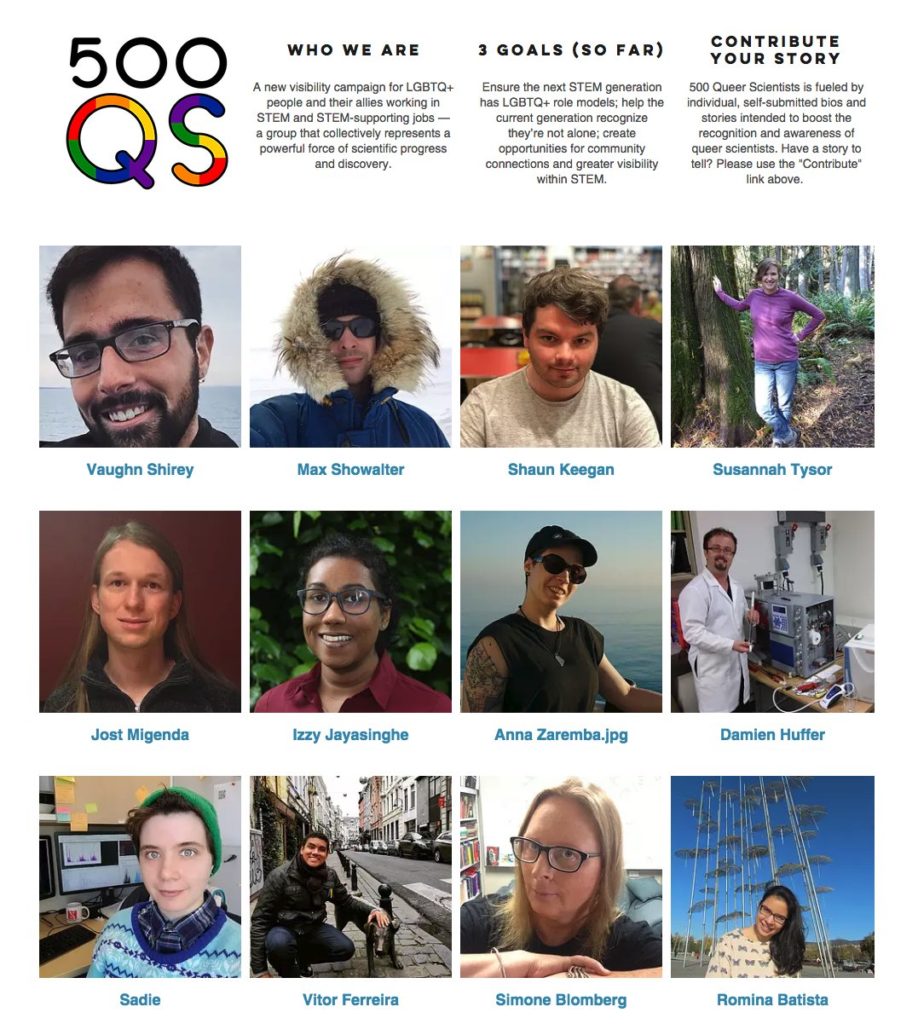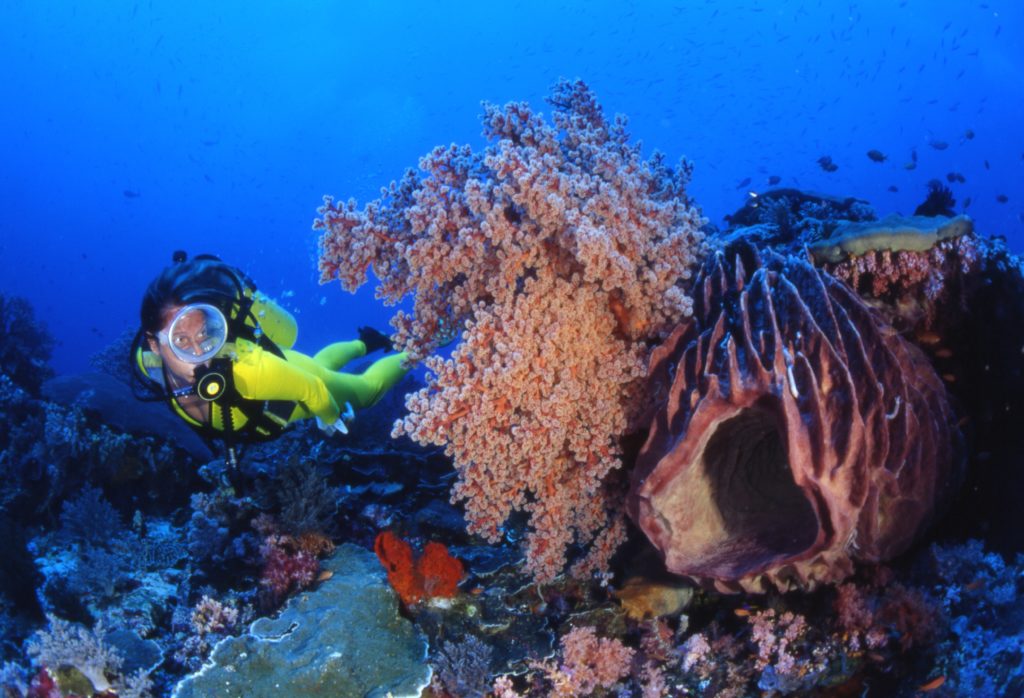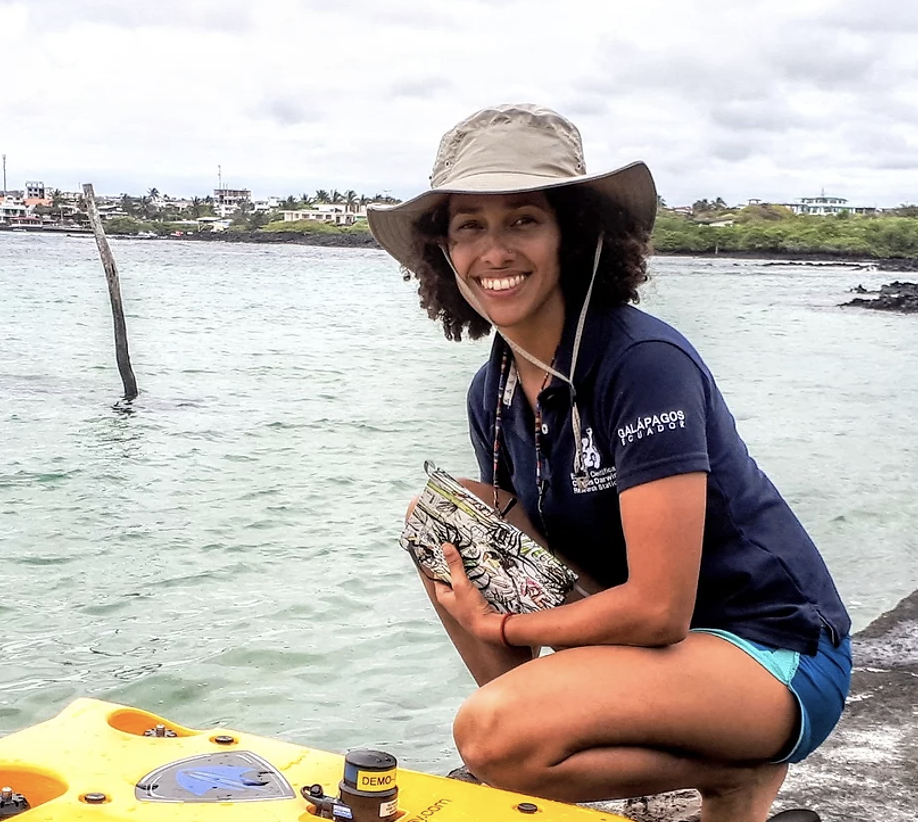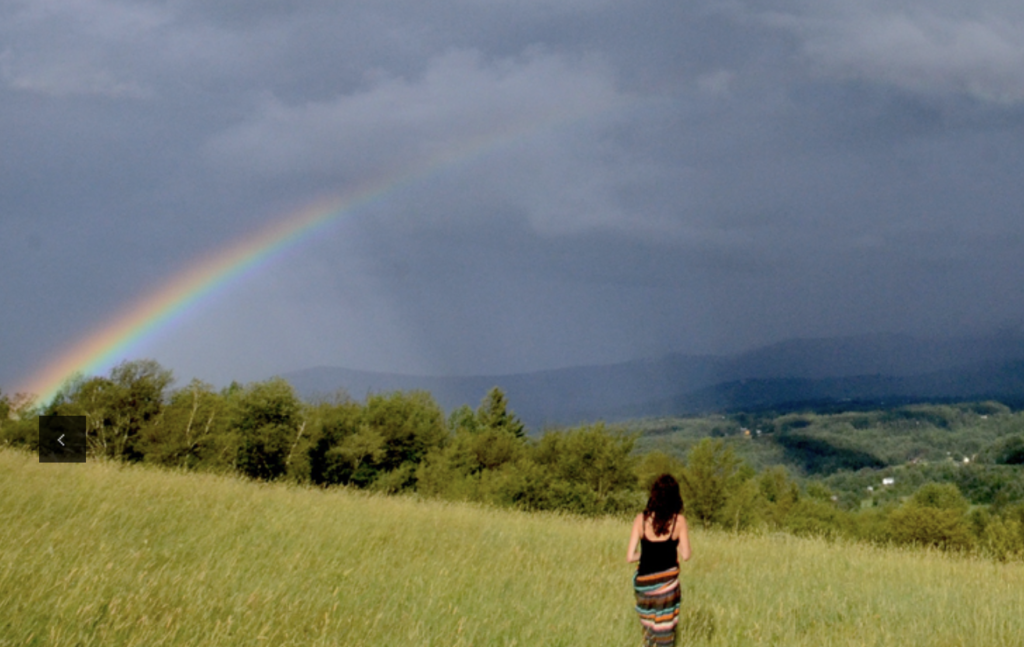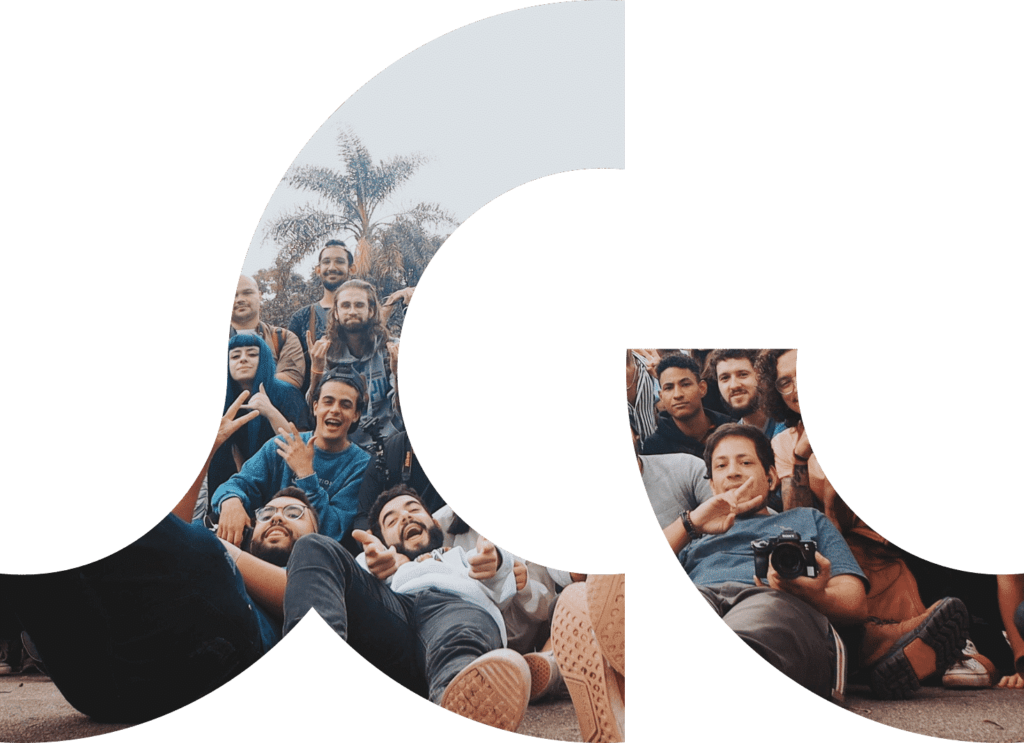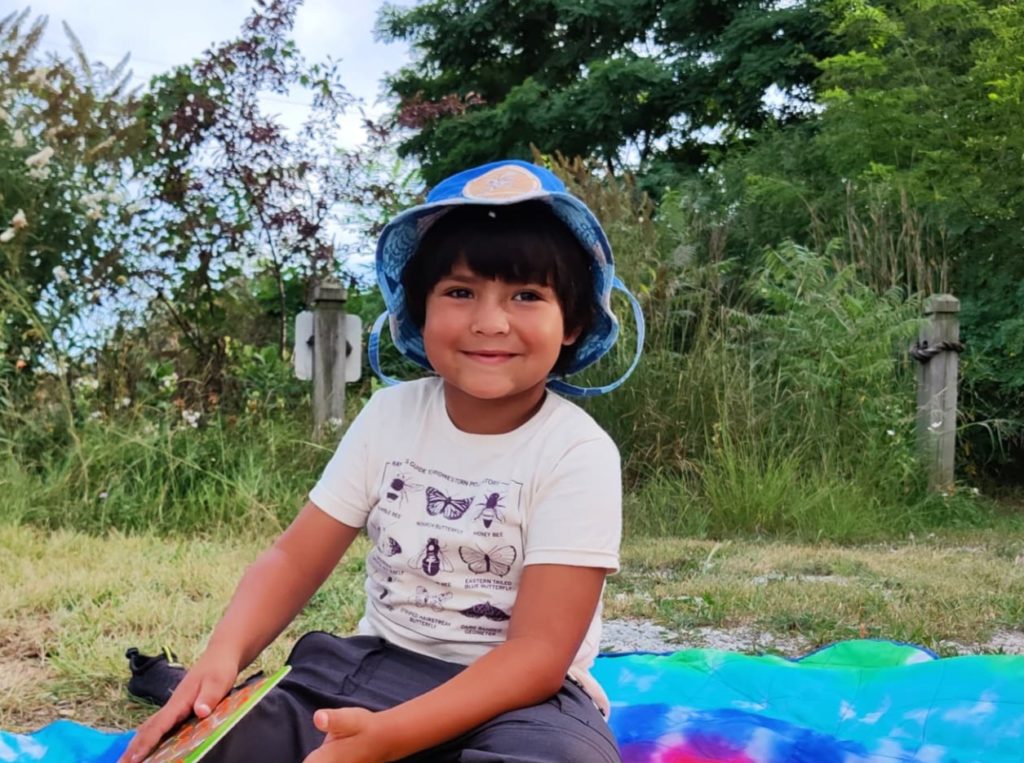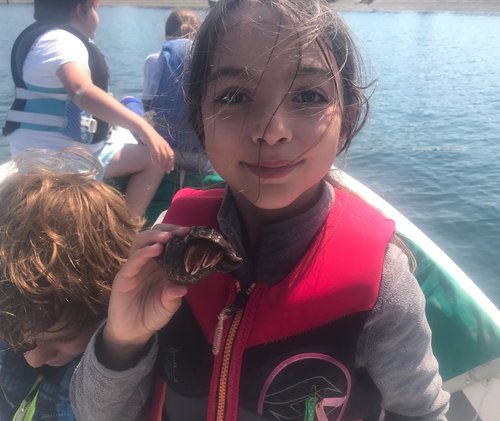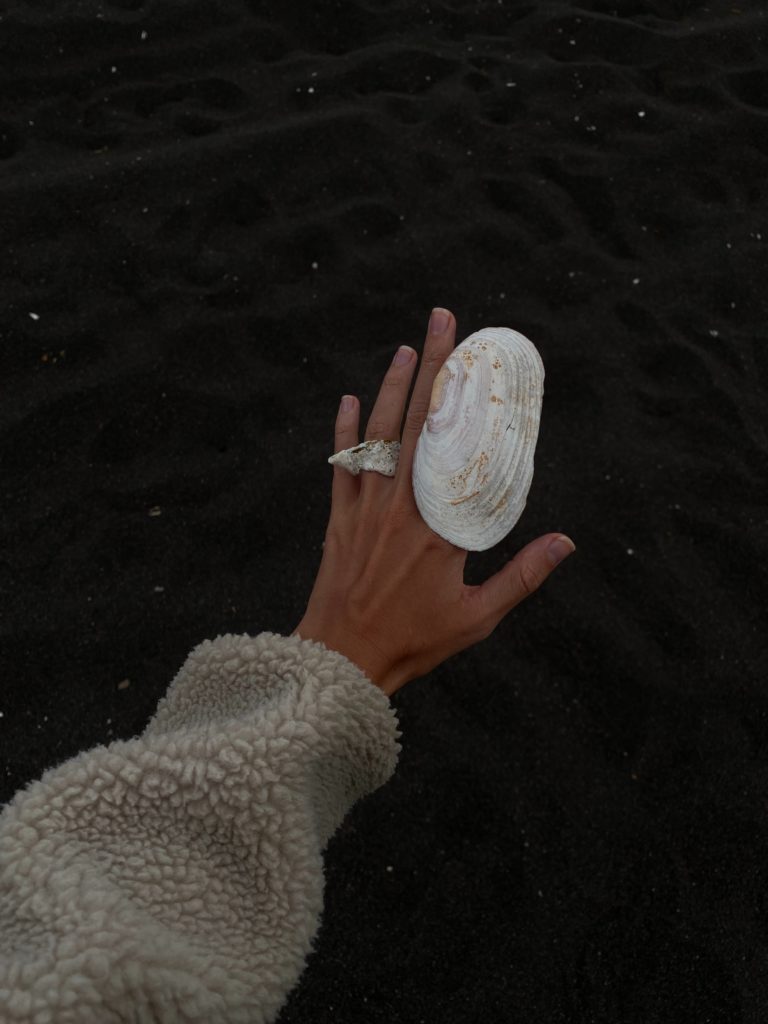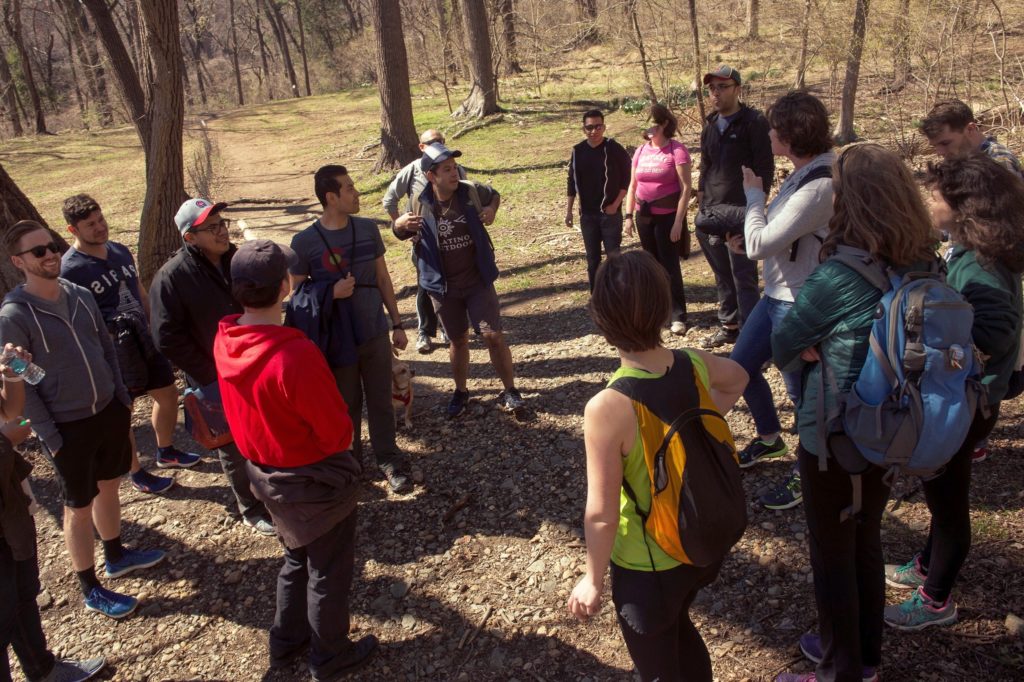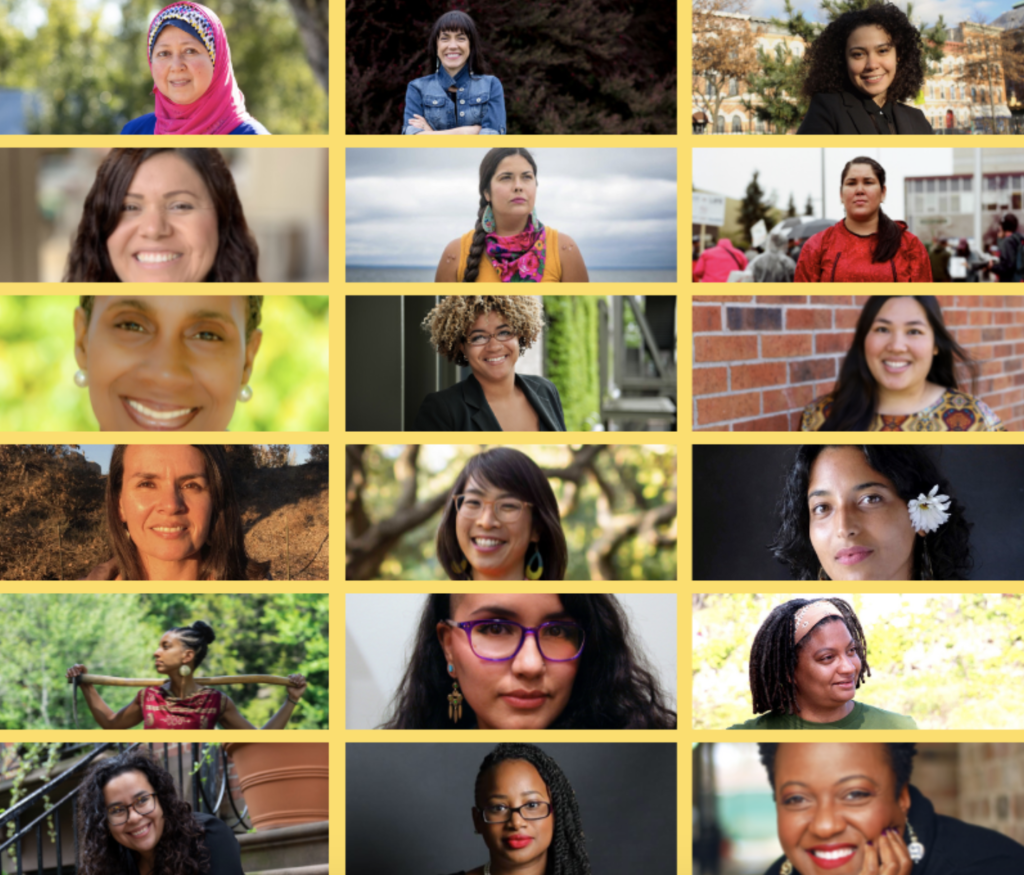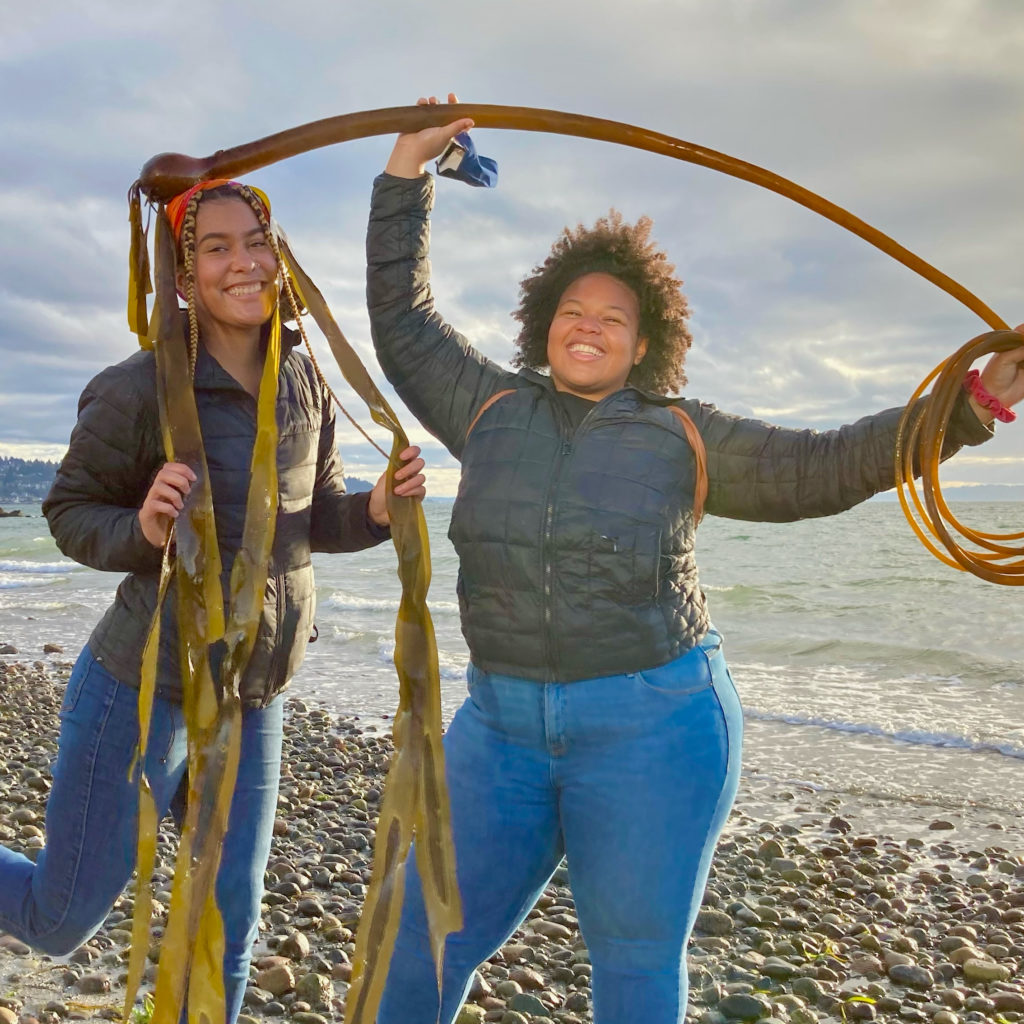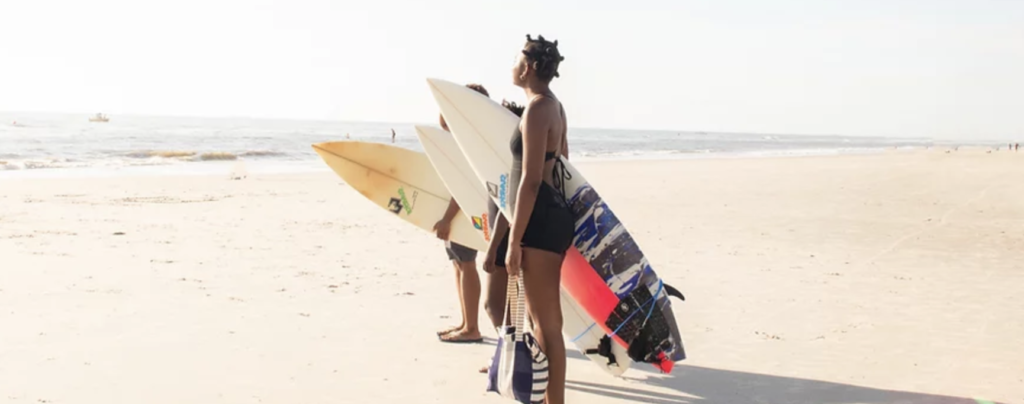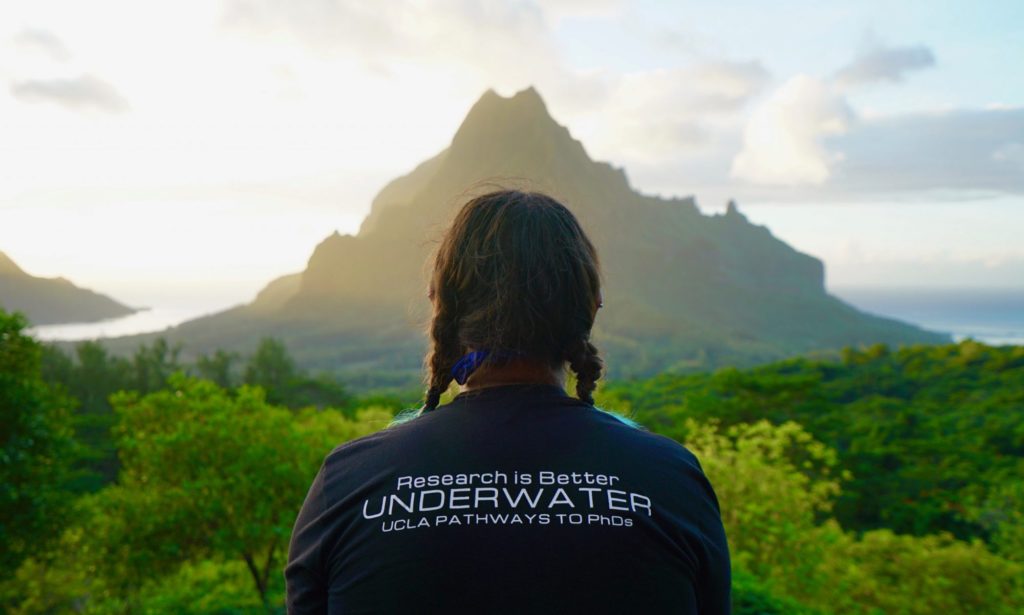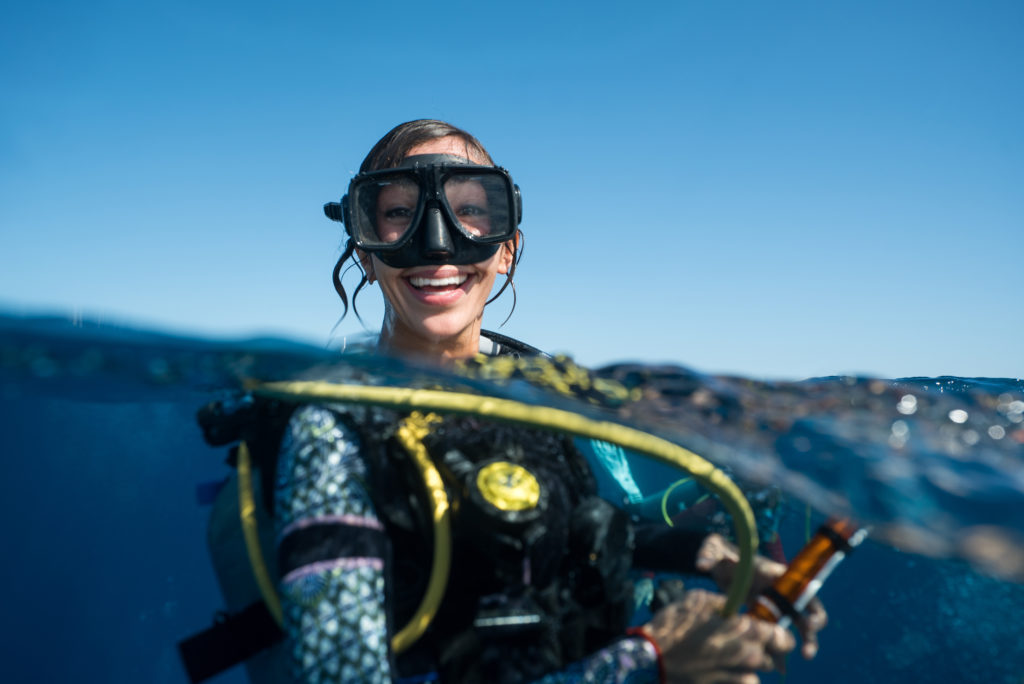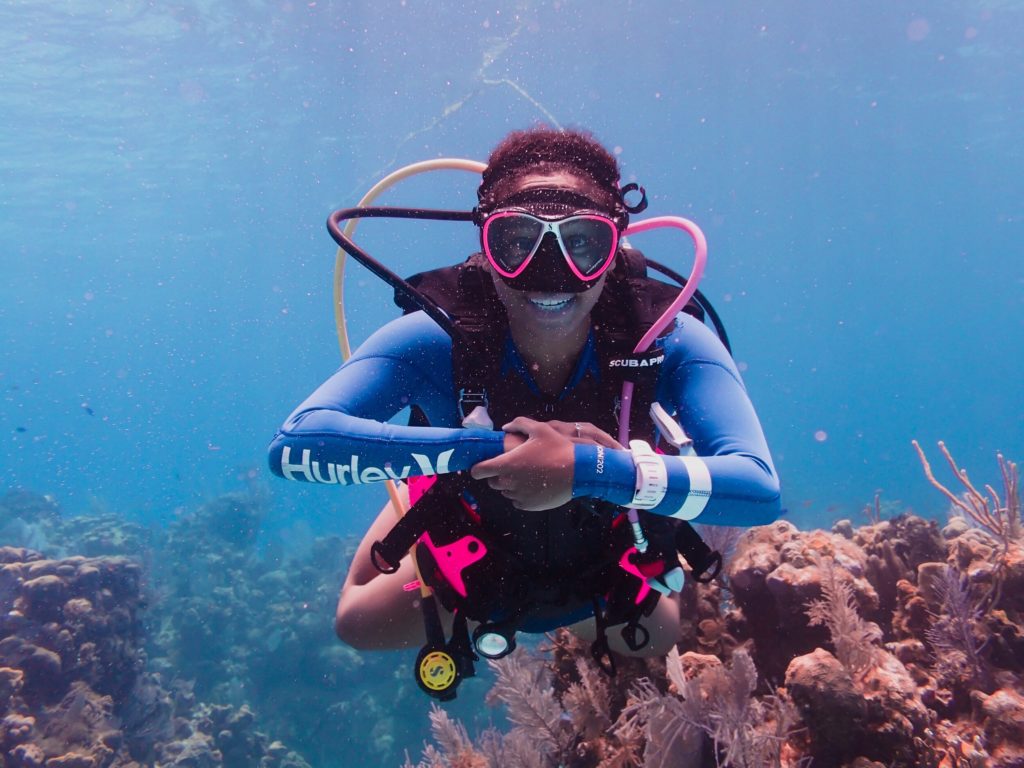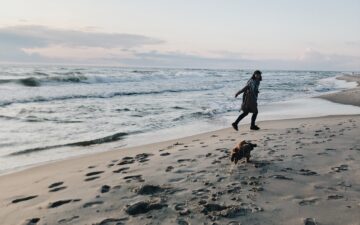Diversity, Equity, Inclusion, Accessibility & Justice
We at The Ocean Foundation acknowledge where disparities in diversity and equitable opportunities and practices exist in marine conservation today. And we are striving to do our part to address them. Whether it means directly instituting changes or working with our friends and peers in the marine conservation community to institute these changes, we’re striving to make our community more equitable, diverse, inclusive, and just — at every level.
At The Ocean Foundation, diversity, equity, inclusion, accessibility and justice are core cross-cutting values. We established the formal Diversity, Equity, Inclusion, Accessibility and Justice (D.E.I.A.J.) initiative to support TOF’s leadership in the development and implementation of new policies and procedures. And to institutionalize these values in the organization’s operations and the broader TOF community of advisors, project managers, and grantees. Our D.E.I.A.J. initiative also promotes these core values to the marine conservation sector as a whole.
Overview
Marine conservation efforts cannot be effective if the solutions are designed without engaging all those who share in our collective responsibility to be good stewards of the ocean. The only way to do this is by proactively and deliberately engaging members of traditionally marginalized groups in decision making, and practicing equity in funding distribution and conservation approaches. We accomplish this by:
- Providing opportunities for future marine conservationists through our dedicated Marine Pathways Internship program.
- Incorporating a Diversity, Equity, Inclusion, Accessibility and Justice lens into all facets of our conservation work, so our work promotes equitable practices, supports those who share similar values, and helps others embed those values in their work.
- Promoting equitable practices in conservation approaches by using the platforms available to us.
- Participating in efforts to monitor and track Diversity, Equity, Inclusion, Accessibility and Justice activities in the sector through GuideStar and surveys from peer organizations.
- Making every effort to recruit Board of Directors, staff, and Board of Advisors who reflect our D.E.I.A.J. goals.
- Ensuring our staff and board receive the types of training needed to deepen understanding, build capacity, address negative behaviors, and promote inclusion.
Diving Deeper
What does Diversity, Equity, Inclusion, Accessibility and Justice actually mean?
As defined by The Independent Sector, D5 Coalition, and the National Disability Rights Network
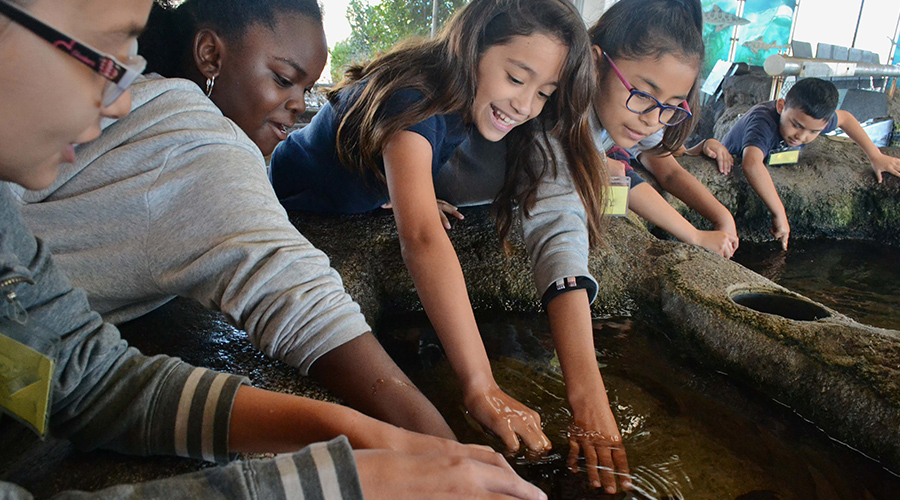
Diversity
The spectrum of people’s identities, cultures, experiences, belief systems, and viewpoints that encompasses the different characteristics that make one individual or group different from another.
Equity
Equal access to power and resources while identifying and eliminating barriers that could prevent access to participating and contributing to the leadership and processes of the organization.
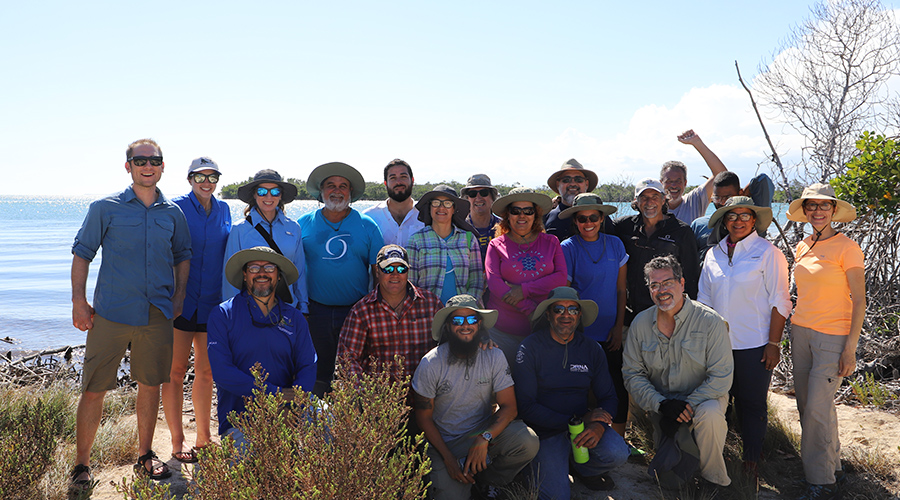
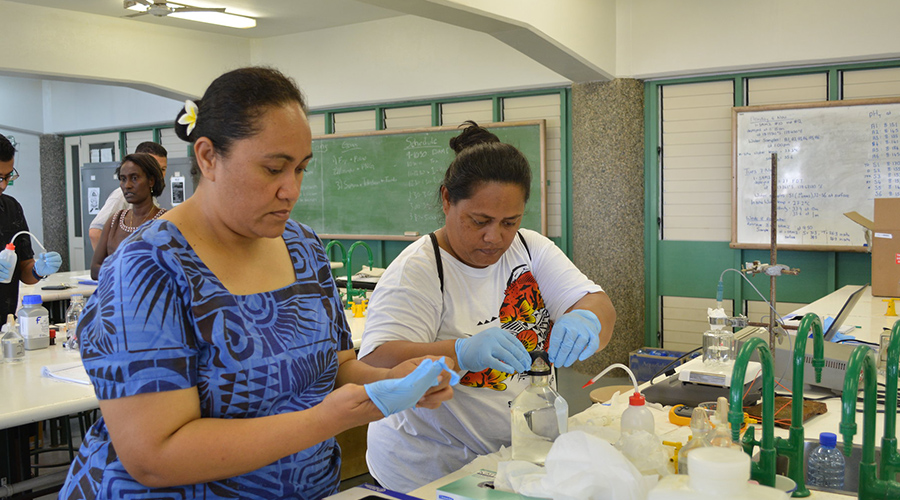
INCLUSION
Respecting and ensuring that all relevant experiences, communities, histories, and people are a part of communications, plans, and solutions to address conservation issues affecting our planet.
accessibility
Ensuring that individuals with disabilities have the same opportunities to participate fully in everyday life, exercising choice and self-determination, and accessing programs, services, and areas without discrimination.

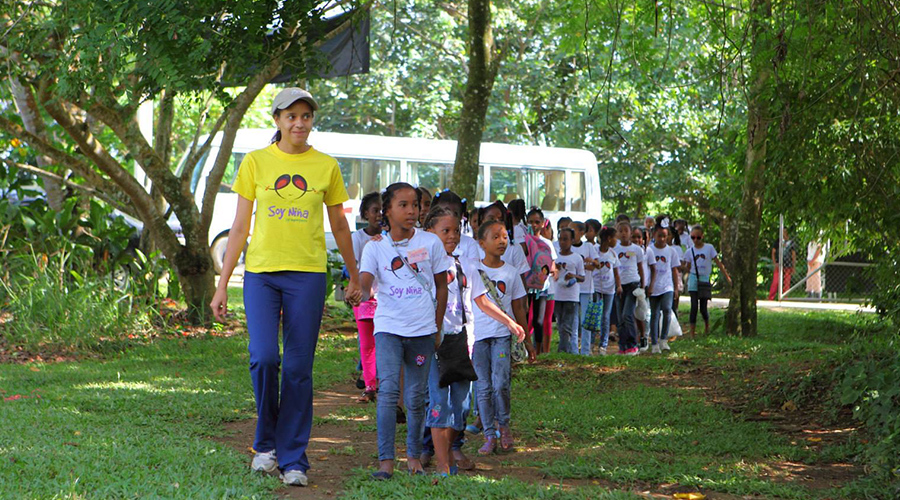
JUSTICE
The principle that all people are entitled to equal protection of their environment and entitled to participate in and lead on decision making about environmental laws, regulations, and policies; and that all people should be empowered to create better environmental outcomes for their communities.
Why it’s Important
The Ocean Foundation’s Diversity, Equity, Inclusion, Accessibility and Justice practices were established to address the lack of diversity in the marine conservation community and the lack of equitable practices in all facets of the sector; from funding distribution to conservation priorities.
Our D.E.I.A.J. Committee includes representation from the Board, staff, and others outside the formal organization and reports to the President. The Committee’s goal is to ensure that the D.E.I.A.J. initiative and its underlying actions remain on track.
Our Promise for Diversity, Equity, Inclusion, Accessibility and Justice
In December 2023, Green 2.0 — an independent 501(c)(3) campaign to increase racial and ethnic diversity within the environmental movement — released its 7th annual report card on diversity in staff from non-profit organizations. We were honored to have provided our organization’s data for this report, but we know we still have work to do. In the years to come, we will proactively work to close the gap internally and diversify our recruitment strategy.
Accessibility Statement
It is the goal of The Ocean Foundation to ensure that all of its web resources are accessible to all who use this website.
As this website is an ongoing project, we will continue to evaluate and to improve oceanfdn.org to ensure it complies with the best practices and standards defined by Section 508 of the U.S. Rehabilitation Act, the Web Content Accessibility Guidelines of the World Wide Web Consortium and/or which are brought to our attention by users.
If you need help accessing any of the content on this website, need content provided in an alternative format, or have additional questions or concerns, please email us at [email protected] or call us at 202-887-8996.
